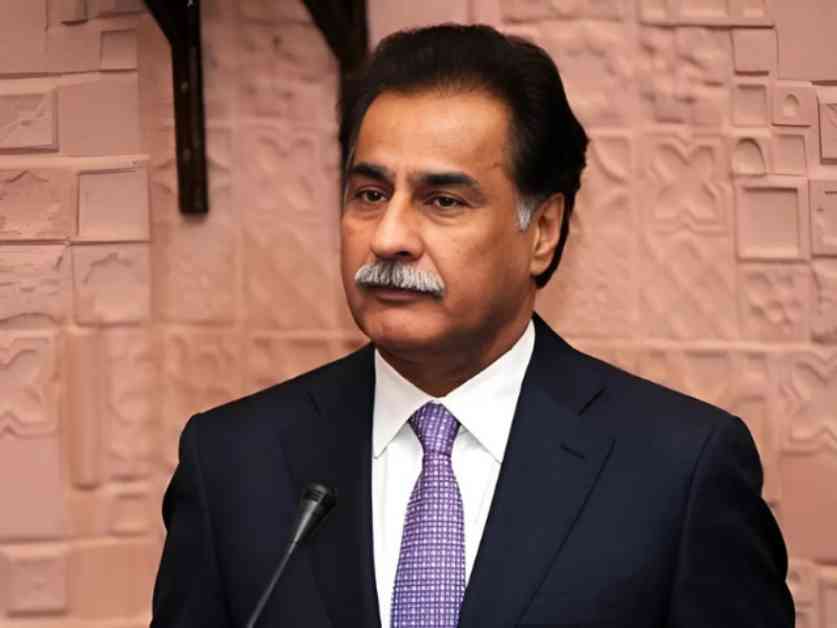National Assembly Speaker Ayaz Sadiq Speaks Out on Meeting Arrangements
National Assembly Speaker Ayaz Sadiq recently made headlines when he revealed that neither the opposition nor the government has reached out to him regarding the scheduling of a crucial meeting between negotiating committees. Despite his readiness to organize the meeting at short notice, no formal requests have been made from either side, leaving the fate of the gathering uncertain.
Lack of Contact from Both Sides
In a surprising turn of events, Sadiq disclosed that he had not been contacted by either the opposition or the government to facilitate a meeting between the Pakistan Tehreek-e-Insaf (PTI) negotiating committee and the party’s founding chairman, Imran Khan. Emphasizing that arranging such a meeting was not his responsibility, Sadiq urged the government and its allies to take the lead in deciding the meeting’s fate.
Key Details Revealed
During a recent phone call with Asad Qaiser, Sadiq relayed PTI’s request for a meeting to the government, shedding light on the behind-the-scenes negotiations that are shaping the country’s political landscape. Additionally, PTI leaders were encouraged to engage in direct discussions with senior government officials if the need arose, showcasing a shift in traditional negotiation practices.
Meeting Expectations
Khyber Pakhtunkhwa Chief Minister Ali Amin Gandapur expressed optimism about the looming meeting, attributing the delay to Sadiq’s absence from the country. With Sadiq now back in Pakistan, Gandapur hinted at an imminent meeting between PTI members and the government’s negotiation committee, underscoring the importance of ongoing discussions with Imran Khan.
The unfolding drama comes against the backdrop of escalating political tensions that have gripped the nation for months. Following the initiation of dialogue between the coalition government and the PTI, key demands, including the release of “political prisoners” and a judicial probe into past events, have taken center stage. As talks progress, the PTI’s push for increased access to Imran Khan highlights the party’s commitment to finalizing a comprehensive “charter of demands” that could reshape the political landscape.
In conclusion, Ayaz Sadiq’s revelations have shed light on the intricate negotiations currently underway, underscoring the need for proactive engagement from all stakeholders to navigate the turbulent waters of Pakistani politics. As the nation watches with bated breath, the outcome of these discussions could have far-reaching implications for the country’s future.









